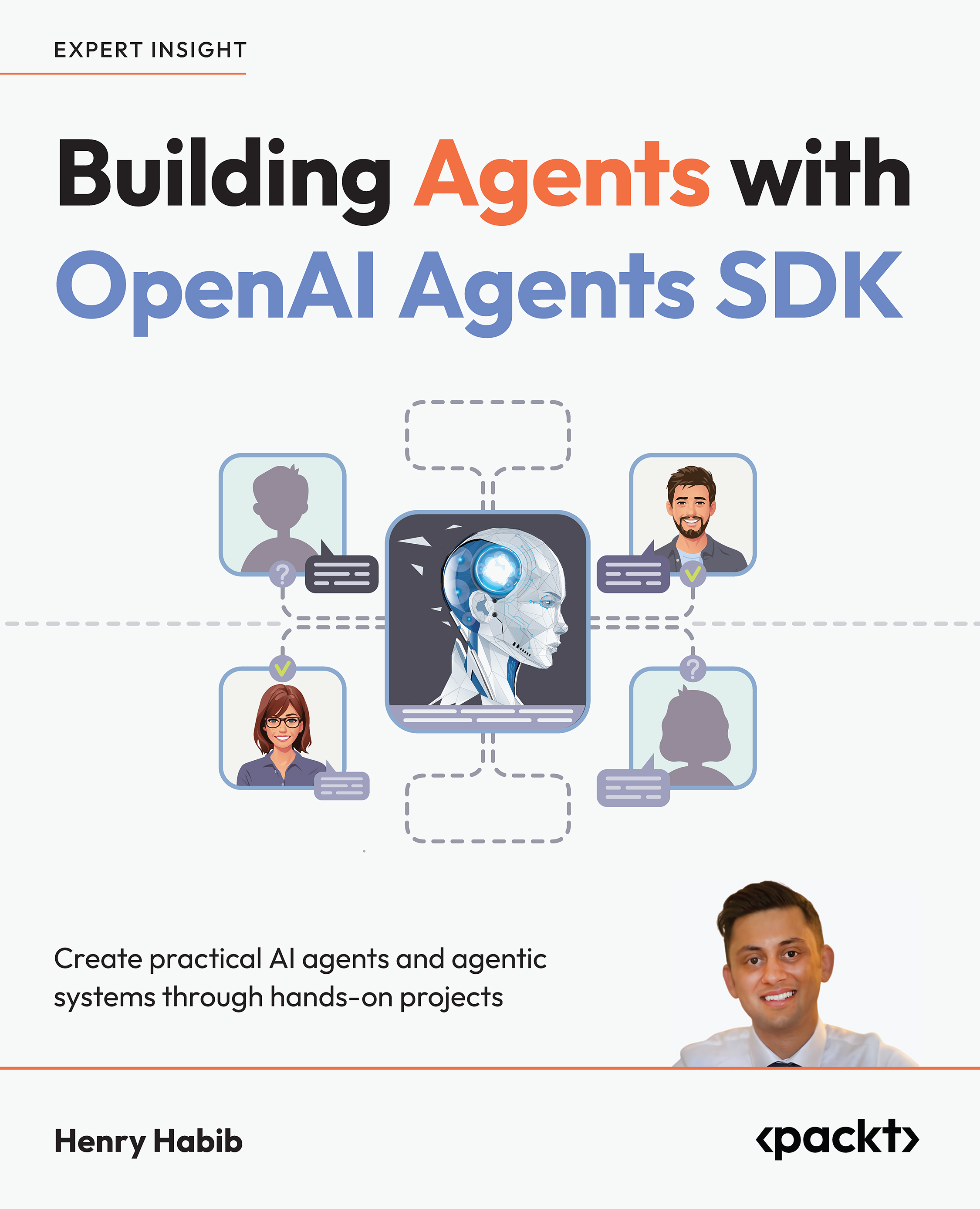BBC - TfL writes to 5,000 cyber attack customers: The letters state that there may have been unauthorised access to personal information such as bank account numbers and sort codes. Nearly three weeks after the security breach, all customers are still unable to apply for new concession cards, refunds or access their contactless data.
BBC - Cyber criminals hacked school and demanded ransom: Staff at Lancaster Royal Grammar School spent the summer holidays rebuilding the entire IT system after a cyber attack forced them to shut it down. It happened on 16 July after the IT department "noticed something peculiar on the system".
Bruce Schneier - NIST Recommends Some Common-Sense Password Rules:NIST’s second draft of its “SP 800-63-4“—its digital identify guidelines—finally contains some really good rules about passwords. The following requirements apply to passwords: 1. Verifiers and CSPs SHALL require passwords to be a minimum of eight characters in length and SHOULD require passwords to be a minimum of 15 characters in length... Here the rest on Schneier's website.
Bruce Schneier - An Analysis of the EU’s Cyber Resilience Act: Agood—long, complex—analysis of the EU’s new Cyber Resilience Act.
Bruce Schneier - New Windows Malware Locks Computer in Kiosk Mode: A malware campaign uses the unusual method of locking users in their browser’s kiosk mode to annoy them into entering their Google credentials, which are then stolen by information-stealing malware.
Bruce Schneier - Israel’s Pager Attacks and Supply Chain Vulnerabilities: Israel’s brazen attacks on Hezbollah last week, in which hundreds of pagers and two-way radios exploded and killed at least 37 people, graphically illustrated a threat that cybersecurity experts have been warning about for years: Our international supply chains for computerized equipment leave us vulnerable. And we have no good means to defend ourselves.
Evil Socket - Attacking UNIX Systems via CUPS, Part I: "A remote unauthenticated attacker can silently replace existing printers’ (or install new ones) IPP urls with a malicious one, resulting in arbitrary command execution (on the computer) when a print job is started (from that computer)."
Krebs on Security - U.S. Indicts 2 Top Russian Hackers, Sanctions Cryptex: The United States today unveiled sanctions and indictments against the alleged proprietor of Joker’s Stash, a now-defunct cybercrime store that peddled tens of millions of payment cards stolen in some of the largest data breaches of the past decade. The government also indicted and sanctioned a top Russian cybercriminal known as Taleon, whose cryptocurrency exchange Cryptex has evolved into one of Russia’s most active money laundering networks.
Krebs on Security - Timeshare Owner? The Mexican Drug Cartels Want You: The FBI is warning timeshare owners to be wary of a prevalent telemarketing scam involving a violent Mexican drug cartel that tries to trick people into believing someone wants to buy their property. This is the story of a couple who recently lost more than $50,000 to an ongoing timeshare scam that spans at least two dozen phony escrow, title and realty firms.
Microsoft - Storm-0501: Ransomware attacks expanding to hybrid cloud environments: "Microsoft has observed the threat actor tracked as Storm-0501 launching a multi-staged attack where they compromised hybrid cloud environments and performed lateral movement from on-premises to cloud environment, leading to data exfiltration, credential theft, tampering, persistent backdoor access, and ransomware deployment. The said attack targeted multiple sectors in the United States, including government, manufacturing, transportation, and law enforcement. Storm-0501 is a financially motivated cybercriminal group that uses commodity and open-source tools to conduct ransomware operations."
noyb - Firefox tracks you with “privacy preserving” feature: "Today, noyb filed a complaint against Mozilla for quietly enabling a supposed “privacy feature” (called Privacy Preserving Attribution) in its Firefox browser. Contrary to its reassuring name, this technology allows Firefox to track user behaviour on websites. In essence, the browser is now controlling the tracking, rather than individual websites. While this might be an improvement compared to even more invasive cookie tracking, the company never asked its users if they wanted to enable it. Instead, Mozilla decided to turn it on by default once people installed a recent software update. This is particularly worrying because Mozilla generally has a reputation for being a privacy-friendly alternative when most other browsers are based on Google’s Chromium."
Unit 42 - Unraveling Sparkling Pisces’s Tool Set: KLogEXE and FPSpy: Unit 42 researchers discovered two malware samples used by the Sparkling Pisces (aka Kimsuky) threat group. This includes an undocumented keylogger, called KLogEXE by its authors, and an undocumented variant of a backdoor dubbed FPSpy. These samples enhance Sparkling Pisces' already extensive arsenal and demonstrate the group’s continuous evolution and increasing capabilities.
 United States
United States
 Great Britain
Great Britain
 India
India
 Germany
Germany
 France
France
 Canada
Canada
 Russia
Russia
 Spain
Spain
 Brazil
Brazil
 Australia
Australia
 Singapore
Singapore
 Canary Islands
Canary Islands
 Hungary
Hungary
 Ukraine
Ukraine
 Luxembourg
Luxembourg
 Estonia
Estonia
 Lithuania
Lithuania
 South Korea
South Korea
 Turkey
Turkey
 Switzerland
Switzerland
 Colombia
Colombia
 Taiwan
Taiwan
 Chile
Chile
 Norway
Norway
 Ecuador
Ecuador
 Indonesia
Indonesia
 New Zealand
New Zealand
 Cyprus
Cyprus
 Denmark
Denmark
 Finland
Finland
 Poland
Poland
 Malta
Malta
 Czechia
Czechia
 Austria
Austria
 Sweden
Sweden
 Italy
Italy
 Egypt
Egypt
 Belgium
Belgium
 Portugal
Portugal
 Slovenia
Slovenia
 Ireland
Ireland
 Romania
Romania
 Greece
Greece
 Argentina
Argentina
 Netherlands
Netherlands
 Bulgaria
Bulgaria
 Latvia
Latvia
 South Africa
South Africa
 Malaysia
Malaysia
 Japan
Japan
 Slovakia
Slovakia
 Philippines
Philippines
 Mexico
Mexico
 Thailand
Thailand










